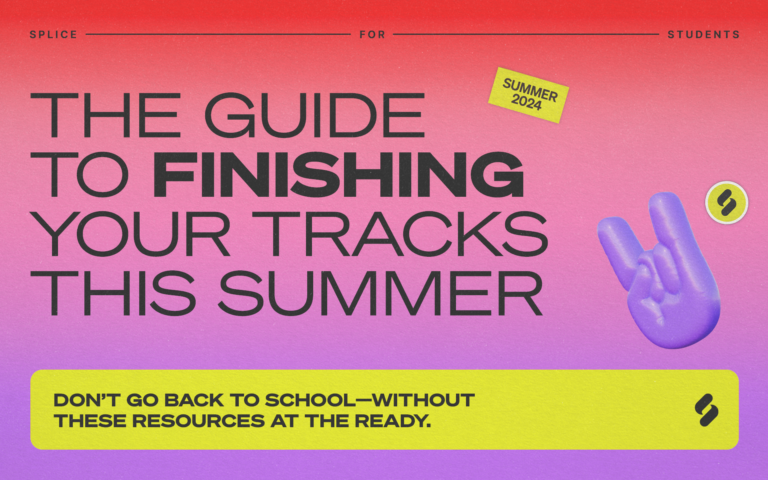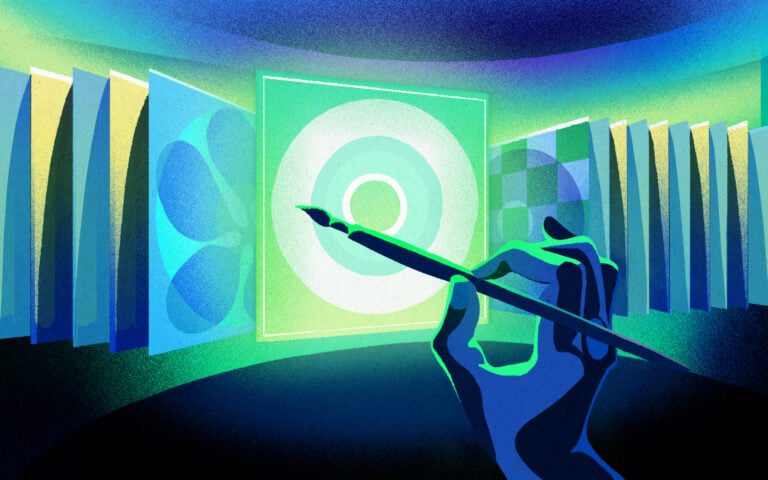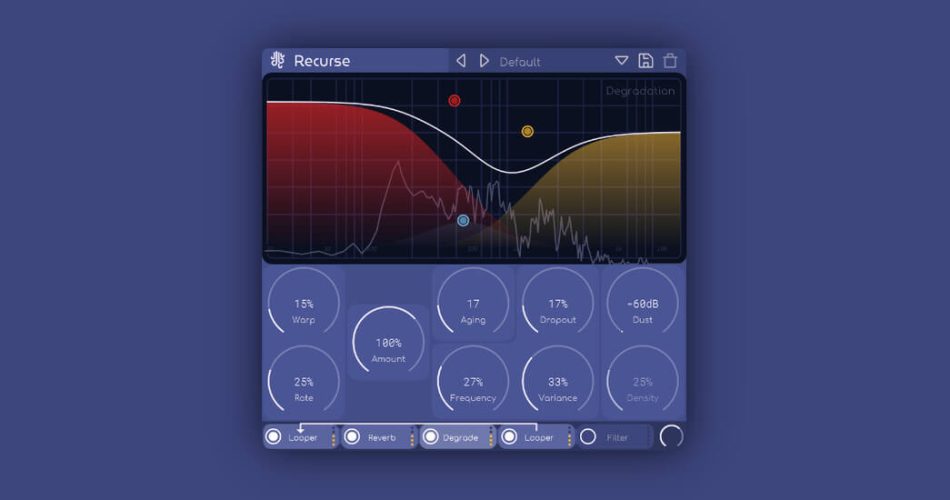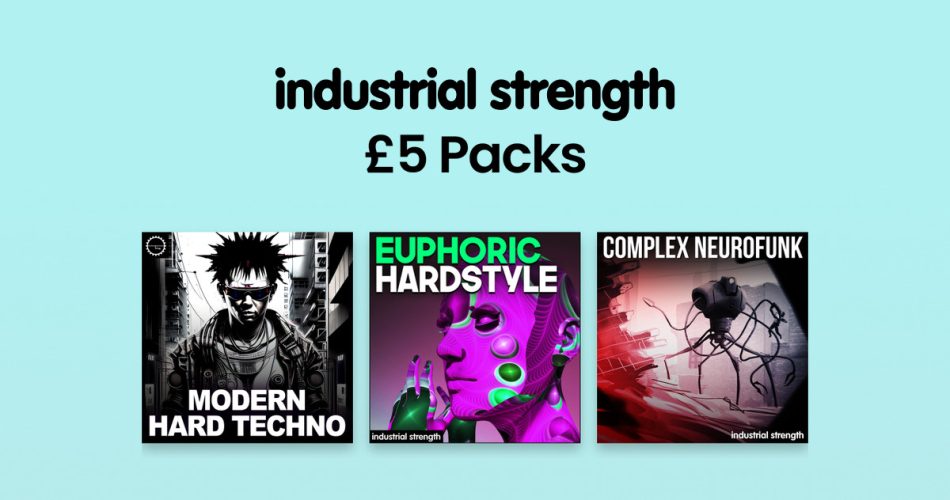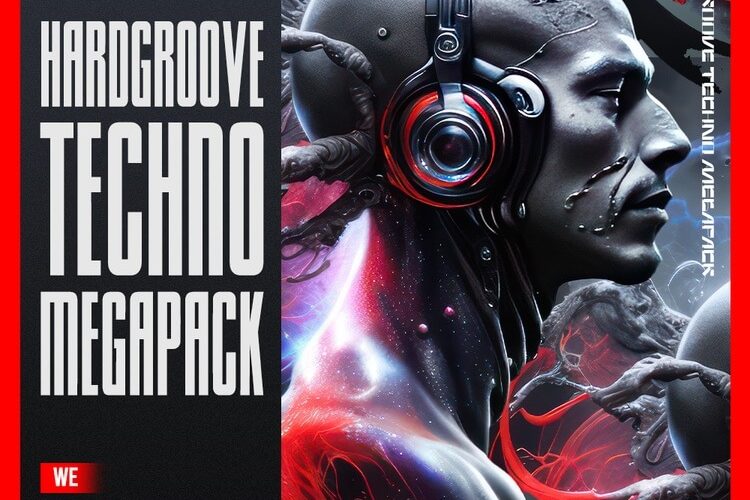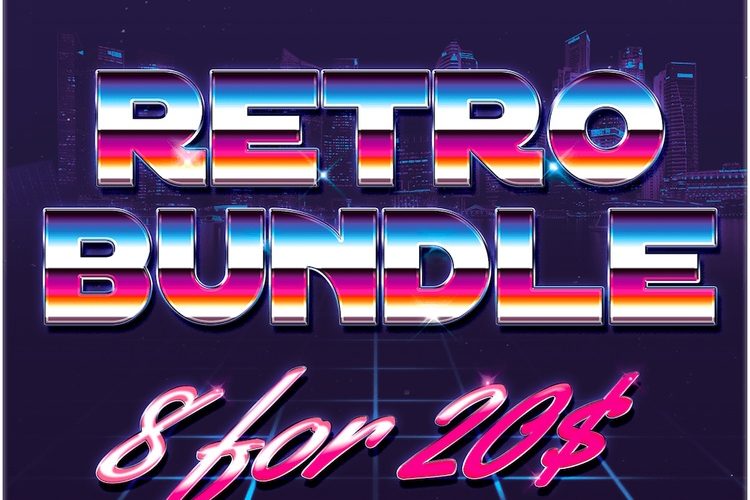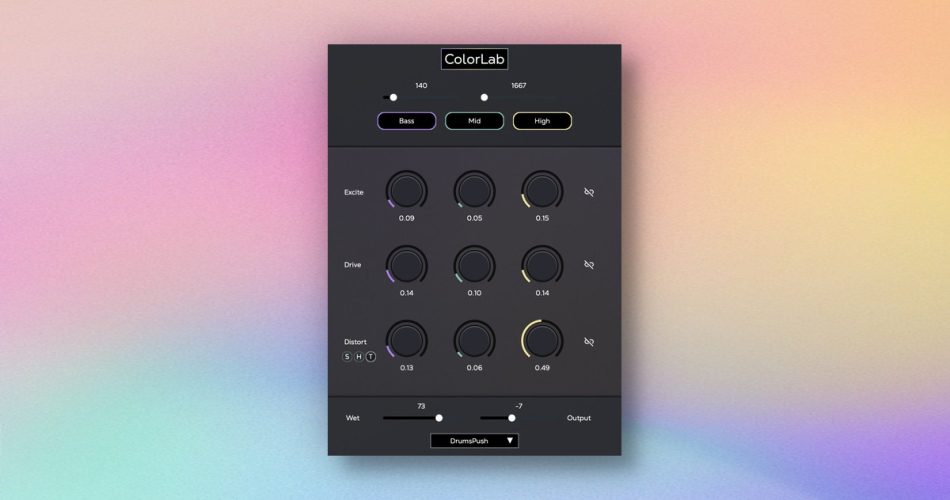Music Industry Advice: Neal O’Connor on Grey, Porter Robinson, and WAVEDASH
 The biggest success stories begin with a love of music, and Neal O’Connor’s is no exception:
The biggest success stories begin with a love of music, and Neal O’Connor’s is no exception:
“I’d figured out that I wanted to work in the music business when I was 18. I was a senior in high school playing in rock bands and stuff like that. I recognized that I wasn’t the best songwriter/guitarist, but I was the one who was running the business aspects of my high school bands. I was putting together press kit mailers, mailing them to all the local music venues in the San Francisco Bay area, and then harassing them with follow-up phone calls every day – just trying to get the band booked so we could go play for some people.”

Welcome to Music Industry Advice – our interview series with today’s most successful managers, label workers, and industry professionals.
In this series, we share the results of our interviews with these experts – the stories of their successes and the strategies that got them there, from broad mindsets to specific techniques.
In this second interview (catch the first here), we speak with Neal O’Connor, co-owner and founder of Slush Management. If the name isn’t familiar to you, you might recognize some of the acts he manages: Grey, Lauren Tsai, Mat Zo, Porter Robinson, Rayce Stipanovich, Shadient, SLUMBERJACK, The M Machine, Virtual Self, WAVEDASH, and Wednesday Campanella.
We’re humbled to welcome Neal on the series with his phenomenal advice for getting started in the industry, running a management company, breaking an artist through the noise, and choosing a label.
Let’s get to it.
***
…We work with a company called M Theory. They were working with this artist called Grey, who at the time was looking for new management. They said, “Hey, we’re already working with Grey – would you like to meet them?”
And we said, ‘Sure, we’ll meet with them’…
***
GETTING INTO THE MUSIC BUSINESS
The biggest success stories begin with a love of music, and Neal O’Connor’s is no exception.
I’d figured out that I wanted to work in the music business when I was 18. I was a senior in high school playing in rock bands and stuff like that.
I recognized that I wasn’t the best songwriter/guitarist, but I was the one who was running the business aspects of my high school bands.
I was putting together press kit mailers, mailing them to all the local music venues in the San Francisco Bay area, and then harassing them with follow-up phone calls every day – just trying to get the band booked so we could go play for some people.
Neal got started as a manager by reflecting on his strengths and deciding how to apply them.
If you’re considering a career in the music industry but aren’t sure where to begin, start by identifying what you’re already good at. What are your responsibilities and strengths in your current position, and how might those translate to the music industry?
Also, make 100% certain that you can answer this question: Are you pursuing music for the right reasons?
Music was all I cared about, and I knew that I wanted to be involved with music in some capacity – forever.
When I was trying to get started making a career in music, I held an extreme determination, a refusal to even consider a plan B. I had the attitude: “I’m going to do whatever it takes to try to make this work. I’m just going to put in the hours and prioritize music over anything else.”
If you absolutely love music, committing to a career might be the right move.
But even if you’re passionate and determined, the leap can be terrifying, especially with the amount of competition out there – What if I’m not smart enough? What if I’ve never been creative? Is that leap still right for me?
Neal had some great advice:
I think for people that want to be in the business, persistence absolutely pays off.
There are plenty of really successful people in the business who aren’t particularly smart or creative.
I think if you put your nose to the grindstone, you work really hard, and you put in the hours, effort, and energy, you’ll beat the smarter people that put in less effort. Hard work and persistence beats out almost anything else.
He’s right – no matter how smart you are, making it in this industry primarily depends on the effort you’re willing to put in. Success is a reflection of your hard work.

RUNNING A MANAGEMENT COMPANY
Switching gears, we began talking about Neal’s role as a manager. The first point of discussion – What does a manager do?
It’s different for a lot of different artists.
Generally speaking, an artist will sign with a manager before they sign with anyone else — most of the time before you sign with a label, agent, or attorney. The manager is pretty much the nucleus of the artist’s whole organization.
Almost everything typically goes through the manager.
The big takeaway here is that there’s no one definitive way to be a manager. The central role of the manager is to do whatever the artist needs the manager to do.
Early on, this can be a lot of work – before expanding your team, you’ll be responsible for everything apart from creating the art itself.
Now, there are plenty of artist-manager pairings that split up the non-creative work to some extent, and this should definitely be a relationship you consider. You need to be willing to take on whatever tasks will lead to the long-term success of the project.
DISCOVERING NEW TALENT
We asked Neal’s advice on finding new talent:
We used to do a lot of blog and SoundCloud perusing, but now it’s a lot more through word of mouth and buzz.
I think part of that is by virtue of the position we’re in – we’re more established now. We get brought new talent, we get tipped off, and people make introductions to us.
If you’re just starting out, then you’re probably better off sticking to Neal’s earlier strategy: hit the web and spend hours scouring for unsigned talent. If you find something you love, jump on it straight away.
On the other hand, if you’ve already worked with a few artists, it’s likely you have met a number of others – take the initiative and reach out to the ones you’re interested in.
Organic discovery isn’t the only way to find new talent, though:
Other times it comes through business relationships.
For example, we work with a company called M Theory. They were working with this artist called Grey, who at the time was looking for new management. They said, “Hey, we’re already kind of working with Grey – would you like to meet them?”
And we said, “Sure, we’ll meet with them,” and we ended up signing them that way.
Neal’s story is great but might not seem that accessible. However, we should set this straight: you don’t have to be well-established to leverage your business relationships.
If you have a positive working relationship with any company in the music industry, feel free to ask them for connections. They’ll be inclined to point some of their other artists your way – they’ll profit from your success too!
***
Looking at Slush Management’s roster, you find a wide diversity of genres – while it’s not something that Neal O’Connor specifically sought out to achieve, he has considered the benefit for his company:
It’s really good because we’re not ever having them compete against each other.
Say you have an entirely trap-based roster and somebody wants a trap remix of some song; suddenly, your roster is competing against itself and you have to choose a favorite.
We never really run into that with our artists, because every opportunity that comes in only makes sense for one of them, and it’s usually really clear who that is.
Neal brings up an interesting point to consider: if you have the opportunity to diversify your roster, you’re more likely to fulfill the various opportunities that come up in the music industry.
As an added bonus, you’ll have a pool of artists that can submit remixes for each other. Why does this matter? Remixes of slightly different genres tap into wider audiences and attract new fans back to the original artist. This relationship works both ways – each artist gets to tap into the other’s audience.
Now, don’t pass up on the perfect act just because you’re already working in the same genre. It’s definitely still possible to succeed – you just have to pick and choose which opportunities are best for each.
It’s also worth noting that Neal’s advice comes in the context of running a management company in particular – the situation changes a bit if you’re a label.
If you’re starting a record label in the dance space, I think you should actually pursue the opposite of the diverse roster that has worked for us.
The label is more of a culture, and it’s certainly more public facing than a management company. So I think it’s really is helpful for a label to have a specific style that they’re known for, and to build a community around it.
Let’s dive into that a little.
Management companies are more back-end client-facing than labels tend to be. The function of the management company is to handle the business side of the music, whereas labels exist to push that music to the right audience.
Because of that distinction, labels need to have a strong brand in order to attract a following. A common way to create a community of followers is to align the label’s brand within a particular genre or style of music.
This doesn’t mandate that a label be limited to just one genre – however, having a degree of unity will certainly help.
***
HOW TO GET NOTICED
Once you have your roster, it’s time to take a break from production and begin focusing on promoting the music, right?
Not quite, Neal argues.
A lot of people make the mistake of spending a lot more time on cold promotion than on becoming a better producer.
It takes a lot of time to become a really good producer. And if you spend that time trying to get noticed, you’re not really helping yourself as much as you might think you are.
Focusing your time, energy, and effort to be 95% on the craft and 5% on the promotion is a lot better than 50-50.
The cream rises to the top. People are going to find artists who are really doing something that’s good, technically proficient, creative, and unique. It’s just going to spread.
If you’re really doing something special, if you’re really worth noticing, you don’t have to do a lot of hustling. People will pass it around; it will get attention.
Neal is hinting at something we see all the time: too many artists make one or two tracks and then spend all of their time promoting it, when in reality the music just isn’t ready.
The first priority absolutely has to be the music.
If your music isn’t amazing, instead of spending 40 hours per week sending out hundreds of cold emails and promotions, use that time to create a new track that’s just slightly better than the previous. If you do this enough, you WILL succeed.
Now, we aren’t suggesting that you can solely make music forever and ignore everything else. There comes a time when you do need to shift the focus from the music to its promotion. After all, great music doesn’t automatically market itself; if you upload a track to SoundCloud with little to no promotion, it’s unlikely to build momentum.
A key component of “doing something special” and being “worth noticing” is having a strong and unique brand – people won’t be interested in your music if they aren’t interested in you.

BREAKING THROUGH THE NOISE
Today’s Landscape
Neal attributes Porter Robinson’s early success to talent and timing. Porter was an insanely gifted teenager (as a result of his hard work) during a time when EDM was still in its youth, helping him stand out in the eyes of the tastemakers.
Nowadays, the electronic dance music market is flooded with gifted young talent, and it’s a hell of a lot harder to get noticed and take off.
There’s so much more you’re competing against, and the business has gotten so much bigger.
There are so many more artists being pushed by so many more people in the electronic music business now. As a result, it’s become a lot harder to get attention on something new.
Five years ago if you had a really good piece of music, all the blogs would post it – but that doesn’t seem like enough anymore.
As we mentioned earlier, you need to do more than just upload a great work of art for it to become successful.
How to Get Your Music Heard
We cover a lot of the specific marketing techniques for artist promotion in the Music Marketing Academy, but Neal had an interesting piece of advice we hadn’t heard before:
I would say try to get DJs to hear it and discover it.
Join the SoundCloud repost groups. If you can’t join an existing one, get a bunch of other guys who you think are really good and start one yourself.
Notice that he didn’t suggest approaching A&Rs, managers, publicists, or really anyone on the business side.
The reality is when you send a mass email to every manager’s email, every booking agent’s email, and every label’s email that you can find, none of those people are going to listen to it.
Most of these submissions just aren’t good enough, so people don’t listen anymore. But I think if you can find a way for your music to reach DJs, it’s going to reach everybody else.
This doesn’t mean that you should stop submitting songs to labels and sending out emails – there are plenty of labels and agencies that genuinely do read and listen to everything that comes in.
Also, personalizing each and every submission or email can go a long way – people are way more likely to consider you if you put in the effort to treat them like a real human being (and not just a submission box).
However, Neal is correct – sending in mass-submissions and emails won’t generate success. When you go that route, you’re competing against hundreds, if not thousands, of other artists.
We recommend finding a specific person to build a relationship with, rather than sending music blindly to a label.
Also, like Neal said earlier, most of his new talent tends to surface from existing relationships. He doesn’t have the time to listen through every demo, but tracks that are gaining attention in clubs will inevitably make their way into his ears.
In this sense, Neal considers DJs to be a different breed of A&R:
Why? Because everybody just has to have the freshest set. They have to find the coolest, most interesting stuff that no one else has heard yet.
DJs are way deeper in on discovery on a day-to-day basis than anyone else in the business.
That part makes perfect sense – but how does that lend to the success of a track?
If DJs find a really interesting track that they want to put in their set, that’s going to kick off a domino effect.
Other artists will hear it, and they’ll start playing it in their sets. And that will filter through. It’ll make our way through to everyone that way.
This is what Neal means when says that you don’t have to do a lot of hustling if you’re doing something truly special.
Fostering Organic Growth
Submitting directly to labels isn’t the only way to get noticed. If you build connections with DJs and the track is good, it’ll filter itself through the noise.
Note that this particular strategy leverages organic growth by relying on the product to build a word for itself, and that might not be right for everyone.
That’s one of those things that varies from artist to artist, project to project. Depending on the type of music you’re making and who the audience is, I think the approach is going to be really different.
If you are doing something really cool and underground – if it’s something that’s more left of center, more artistic leaning – then slow and steady organic growth is the strategy. You need to earn fans one-by-one.
Let’s talk about why that is.
Music in niche genres tends to spread via word of mouth, DJ performances, and smaller playlists. Unlike pop, which relies exclusively on a select few tastemakers to control the stream of music, fans and the artists play a much bigger role in the underground scene.
While there are still crucial tastemakers in the niche genres, discovery is more decentralized, and it takes time to gain widespread attention. As you accrue fans, though, they’ll share your music with others and you’ll see your following grow over time.
Capitalizing on Pop Hits
For more mainstream artists, the story is a bit different.
On the other end of the spectrum, you have artists like our clients Grey.
If you’re in the pop space, you have to make a huge hit song, and then you have to make another one, and another – and you have to try to get really big, really fast. It’s just the nature of the type of music; top 40 pop music like Grey’s needs to be consistent and insanely good to kickstart the snowball effect.
Unlike niche genres, the flow of pop music tends to be dictated by tastemakers in control of the massively popular playlists such as Spotify’s New Music Friday.
To catch the attention of the tastemakers, you need two things: an absolute hit and even more hits on the way.
Why? Placement in those playlists and promotion of your music is a massive investment, and the tastemakers will only be inclined to make that investment if it continues to pay off for them.

***
WORKING WITH LABELS
As you start to garner some attention, you’ll inevitably consider the possibility of signing with a label.
In the first article of the series, Ben Klein talked about the importance of getting to know the people behind the label – you want to be sure that your vision for your artist’s project aligns with theirs.
The Indies
Diving further into the topic in this interview, Neal O’Connor suggests you should also consider the public-facing brand of the label:
For artists doing something more underground in the dance music space, go with a smaller boutique label that has some element of the culture associated with it.
The artist fit has to make sense – that’s really important.
Genre is important here, but it’s not the only factor. When Neal talks about culture, he’s also referencing the personality and lifestyle of the label.
Some labels are better known for their online presence and identification with internet culture; others might be recognized for their marquee live events and party lifestyle.
For example, we put out WAVEDASH as the first release on NGHTMRE and Slander’s Gud Vibrations label.
It was totally right – those guys are great friends, the music that they all make fits together, and there’s a culture there. The same fanbase that likes NGHTMRE and Slander is going to love WAVEDASH, so it makes a lot of sense to plug in into that.
As always though, the right answer depends on the context of the situation – it is never a one-size-fits-all situation. WAVEDASH was a smaller artist inside of a niche genre, so this particular strategy made the most sense.
The Majors
But what about more mainstream artists like Grey?
They’ve had two multi-platinum pop hits and needed to capitalize on their momentum, so we signed them with Island a few months ago.
A major label is going to be best positioned to deliver that kind of ubiquity and international radio success that a top 40 pop project needs to have.
Mainstream marketing campaigns are expensive, as they require promotion from the combined effort of many different teams across the globe. Smaller labels simply aren’t outfitted for that, but that’s fine – their specialty lies in the underground.
Majors are a really good place to be if you have music that can be a hit on radio, but if you’re doing something more left of center, it’s unlikely that a major label is going to be the best place for you.
If you’re considering a major label but are worried about sacrificing your vision, consider this:
Major labels typically go after artists that are already doing what they’re looking for.
They aren’t going to sign Sigur Rós and then try to turn them into The Chainsmokers – the major label would just rather sign The Chainsmokers.
So if you’re making something that is mainstream enough for a major label to sign, at the most they might try to change things at the margin. If you have a song that’s four and a half minutes long, they’re going to ask you to make an edit for radio that’s shorter.
But they’re not going to try to change you that much – they signed you because they liked what you had to offer.
Keep in mind that labels are constantly evaluating your benefit to them. If you don’t have a strongly identified brand that you’re passionate about, they’re not going to feel confident in investing in you.
Labels won’t want to devote the effort and resources to rebuilding your brand from the ground-up, especially when they can just find someone else that fits their mold from the start.

***
LOCKING DOWN A LABEL DEAL
Once you’ve locked in your vision and identified the labels you want to approach, don’t rush into the meetings quite yet.
Even if your vision aligns perfectly with theirs, they’ll be hesitant to strike a deal without a track record of success to show for.
Most of the time you want to build up some level of chatter, to gain momentum and have decent social engagement to show.
You want to go to labels with some ammunition and be able to say something impressive about how many streams a song has and the attention it’s receiving.
This tactic is extremely effective in pitching. It positions the label to see exactly what kind of success they can expect from you – make sure you are using specific numbers and values instead of general claims.
For example, instead of “My song is performing well and received some blog coverage,” send “My song generated 8,000 plays on SoundCloud in 10 days and was featured on five HypeMachine blogs.”
In face-to-face conversation, you can begin with bigger ideas and move to statistics at a later point, but capturing someone’s attention via a cold email is a different situation.
If you’re going to pitch anyone via email at any point, the thing that’s most likely to catch their eye is quantitative data or analytics of some kind.
If they don’t know you, it’s unlikely they’ll consider you unless you find a way to grab their attention. And I think the best way to do that is to have something to politely brag about.
Wherever you can present an impressive number, say it. If your first line reads, “Hi, I’m so-and-so, and my latest single just got 2 million plays on Spotify,” or, “It hit number one on iTunes Dance Canada,” that’s impressive.
That’s the most likely way to catch someone’s attention.
Neal suggests other attention-grabbers as well: monthly listener counts on Spotify, statistics from tours and performances, and social media follower counts.
There’s a consistent theme present among all of Neal’s advice: build something to show off, something that will attract people’s attention. Whether you’re approaching DJs, artists, managers, labels, or tastemakers, work hard and create something special.
***
WRAPPING UP
Neal O’Connor’s experience is largely unmatched, and we would urge you to consider his music industry advice through every step of your project.
We are incredibly grateful for Neal’s willingness to take part in this interview, and for sharing his music industry advice.
If you’d like to learn more about Slush Management and the artists they manage, you can visit the following links:
- Slush Management
- Grey
- Lauren Tsai
- Mat Zo
- Porter Robinson
- Rayce Stipanovich
- Shadient
- SLUMBERJACK
- The M Machine
- Virtual Self
- WAVEDASH
- Wednesday Campanella
With that, Neal leaves us with one last takeaway:
Try to do as much as you can on your own, build up some demand, and work hard until you hit a point where you can go into your business conversations with some leverage.
***
Thanks for reading, and please let us know your thoughts in the comments below. We hope you learned a lot, and we’ll be back with more music industry advice in the next article of the series! Lastly, be sure to grab our free 25+ page PDF about the music industry if you haven’t already.

